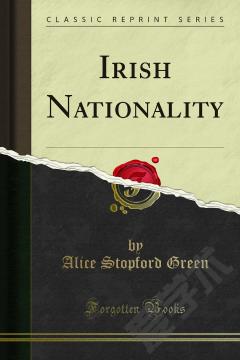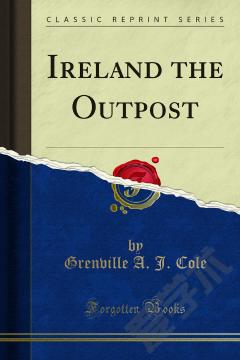Irish Essays
On April 2,1916 one ofYeats's plays for dancers, At the Hawk's Well, received its first performance in Lady Emer ld Cunard's drawing room in Cavendish Square, London, before an invited audience. Michio Ito danced the Guardian of the Well. The guests included Ezra Pound and T. S. Eliot. For all I know, this may have been the only afternoon on which Yeats, Eliot, and Pound were together in the same room. Many years later, Samuel Beckett wrote a play, like At the Hawk's Well, about waiting; waiting for someone who is supposed to arrive but doesn't, a variant of waiting for a transforming flow of water which is never received because the guardian of the well distracts those who are longing for it. In Happy Days Winnie utters the first line of At the Hawk's Well, "I call to the eye of the mind," one of many literary allusions that she recalls?or rather, that Beckett recalls on her behalf. I draw a loose connection between these occasions to suggest a literary context for the relations I propose to describe: Yeats and Eliot, Yeats and Pound. We know when Eliot converted to the Anglican Communion? he made his formal profession on June 9, 1927?but we don't know precisely when he converted to Yeats?that took much longer. The first time he wrote formally about Yeats was in the Atheneum, the issue for July 4, 1919, a memorably severe review of the reprinted The Cutting of an Agate. Eliot apparently found Yeats's entire sensibility weird. As much in his prose as in his verse, he said, Yeats "is not 'of this world'?this world, of course, being our visible planet with whatever our theology or myth may conceive as below or above it." Eliot assumes that he is central, by comparison with whom Yeats is exotically peripheral. The differ
{{comment.content}}








 京公网安备 11010802027623号
京公网安备 11010802027623号